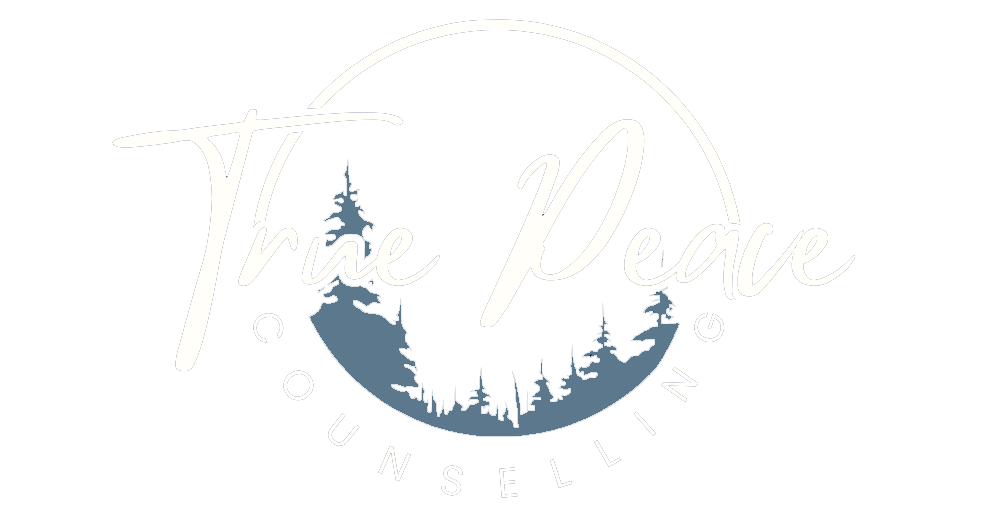Are you considering seeing a counsellor? Perhaps you are wondering what’s the point of therapy; afterall, you have supportive friends and family members, so why should you talk to a stranger about your “stuff”?
You’re noticing patterns in your behaviour that you would like to change.
We all have patterns of behaviour. These patterns serve to help us manage our day to day life, keeping us safe and connected to the world around us. When our behaviour patterns are functional, they are helpful. When they are dysfunctional, they hinder us. If you have noticed patterns that you would like to change, seeing a counsellor is a great choice. Counsellors are trained to help you notice patterns, and to guide you through making changes.
Here are some examples of patterns that may hinder you:
- You shut down when life becomes stressful, which hinders your ability to connect with your loved ones, perform well at your job, or manage daily responsibilities
- You tend to ruminate about issues, which causes you to become moody and to lose sleep
- You become angry easily, and it seems that getting angry is the only way to get people to listen to you
You would like to improve your relationships with others
Relationships are one of the most important pieces of our human lives. We are relational beings, afterall. It makes sense, then, that when our relationships are strained, our lives are stressful. If the relationships in your life are strained, seeing a counsellor can help. Counsellors can help you notice patterns in the strained relationship, and support you as you make changes that should help reduce relationship stress.

You would like to talk to someone about your experiences, and talking to your friends or family doesn’t seem to help
We have all had stressful experiences, but sometimes those experiences stay with us longer than seems necessary. An adverse experience may have happened in your childhood, or more recently in your adult life. Either way, talking about it with a counsellor can help. Friends and family can be very supportive, but a counsellor has the advantage of being uninvolved in your life. This means that the counsellor can be an unbiased, professional support who can help you process the complex emotions you feel about your experience. Where friends and family may say “It happened so long ago. You need to move on!”, a counsellor may say “Tell me more about how this experience impacted you.” Sorting through your emotions and processing the experience helps you move forward rather than having past experiences make you feel like you’re stuck.
Things are changing in your life, and you’re not sure how to cope
Change happens, but some changes are harder to adjust to than others. Perhaps you have recently graduated school, and career life isn’t what you expected it to be. Alternatively, you may have recently moved cities, and you are struggling to adjust to your new community. Maybe a relationship recently ended, and you don’t know how to move forward. When change feels overwhelming, a counsellor can help you make sense of the situation.
This list is not comprehensive. There are many reasons to see a counsellor, but often people do not realise how helpful therapy can be. If this post resonated with you, I encourage you to seek counselling. I offer a free consultation to adult residents of British Columbia who are interested in working together. Book today.

0 Comments